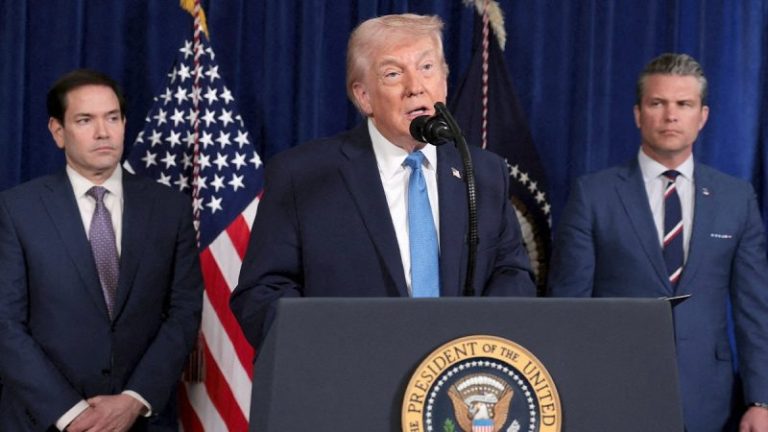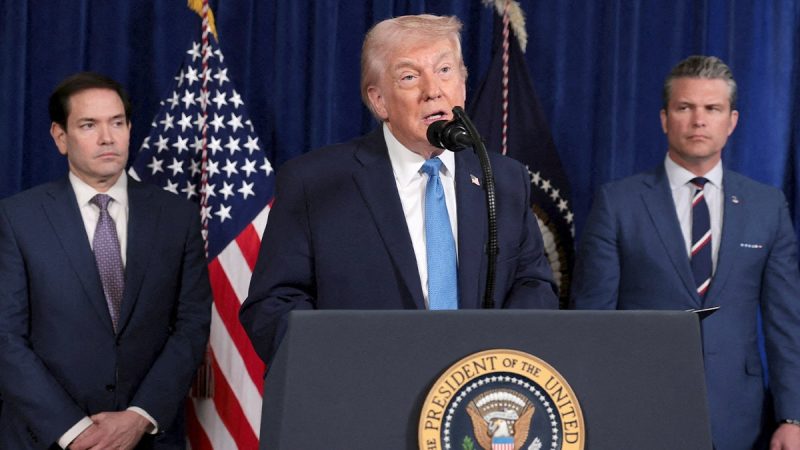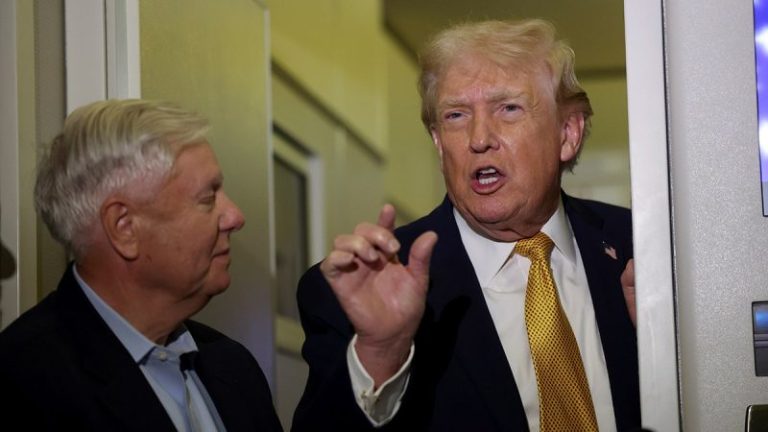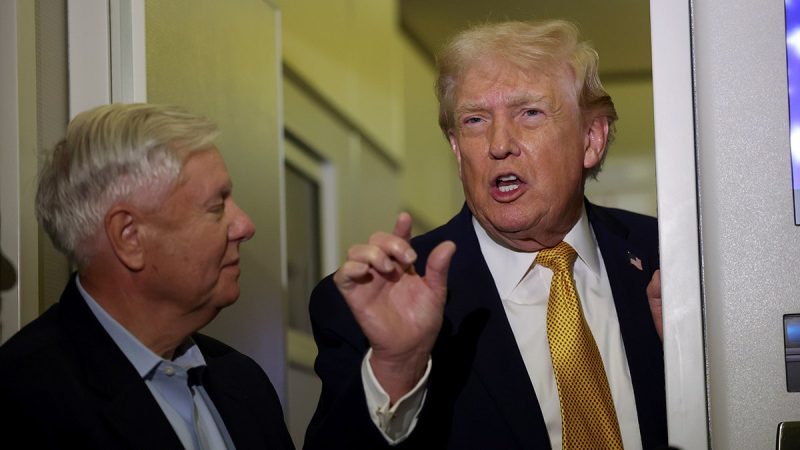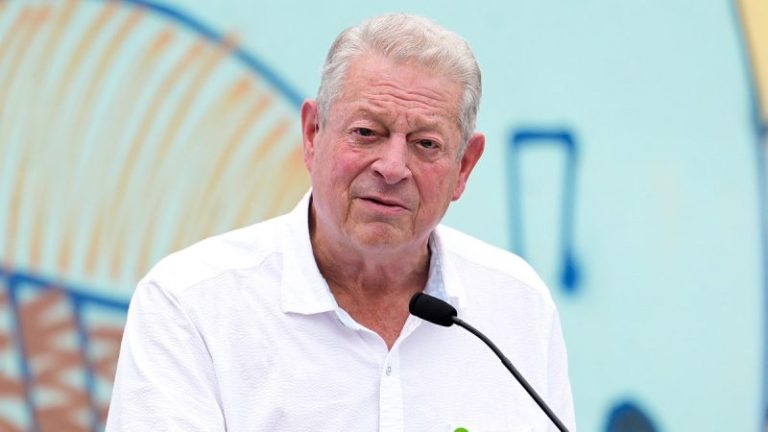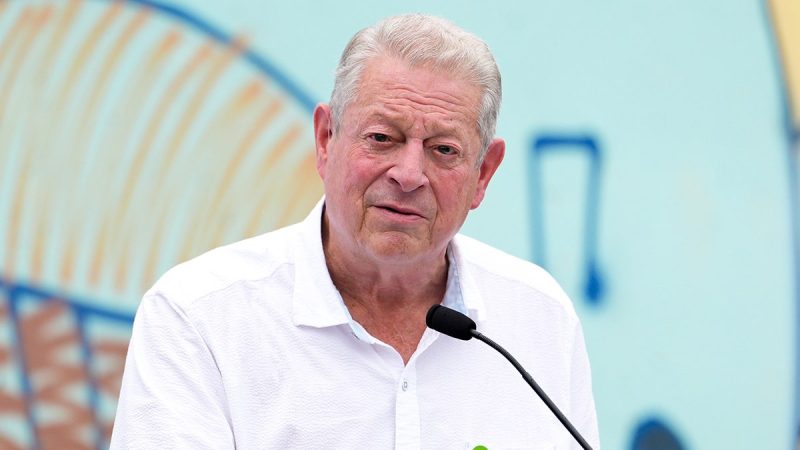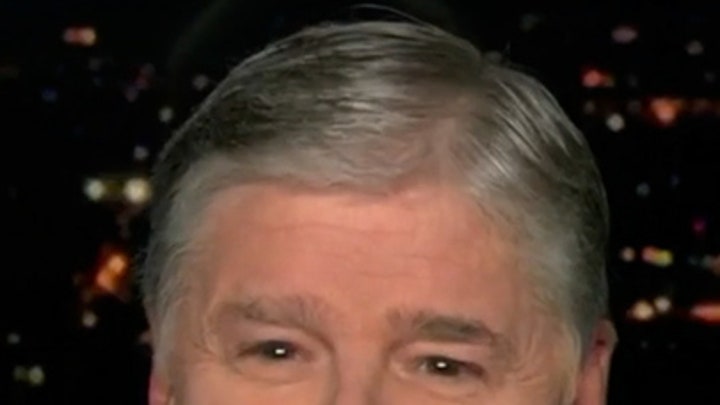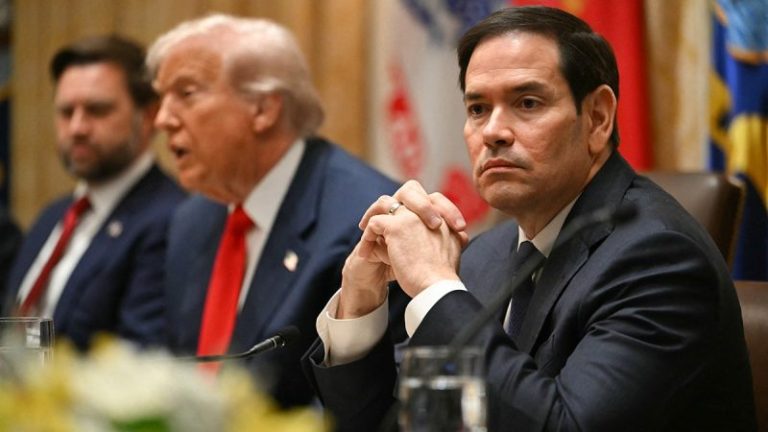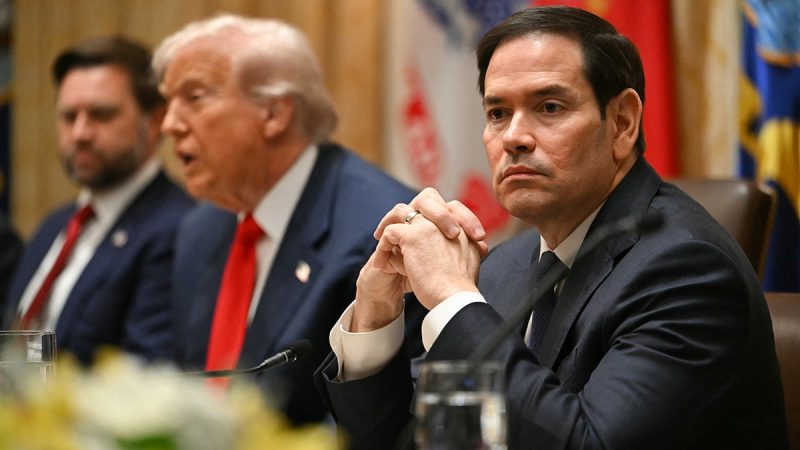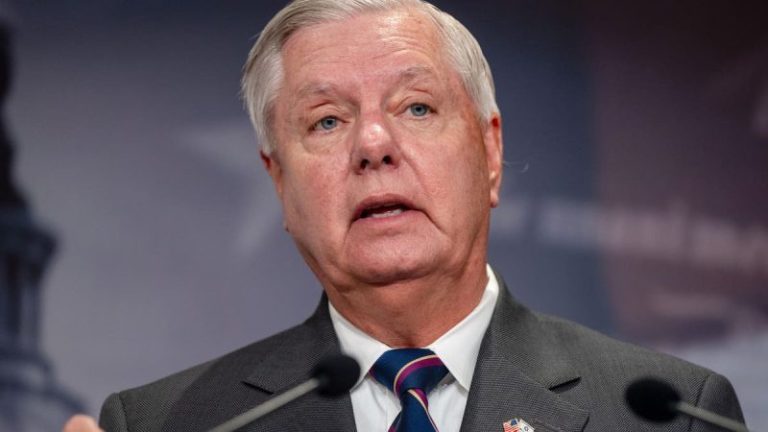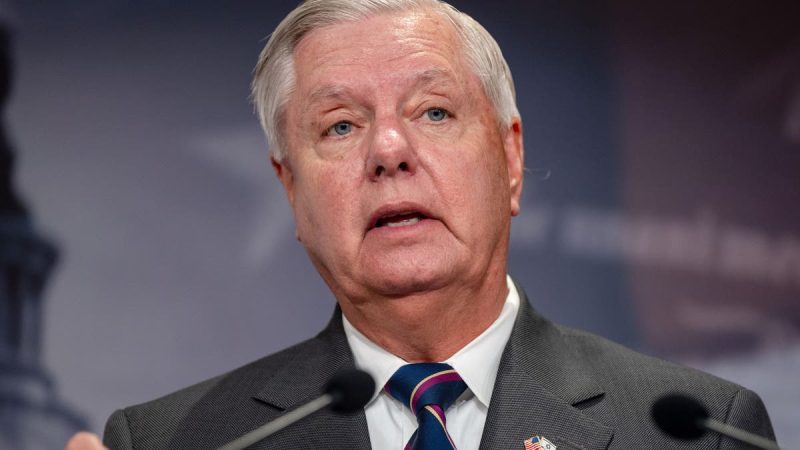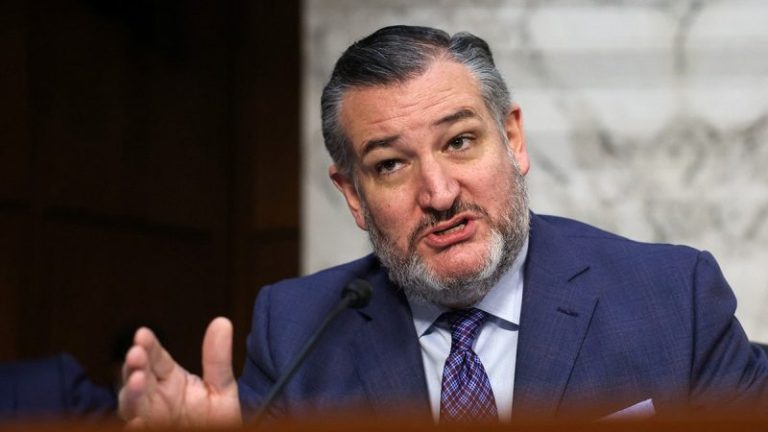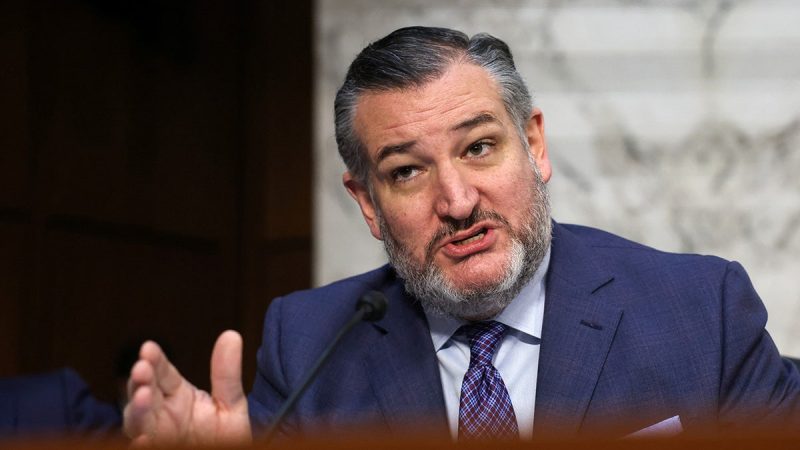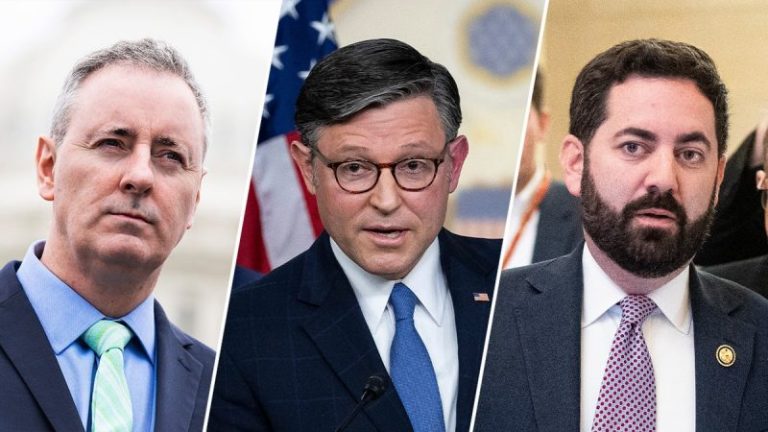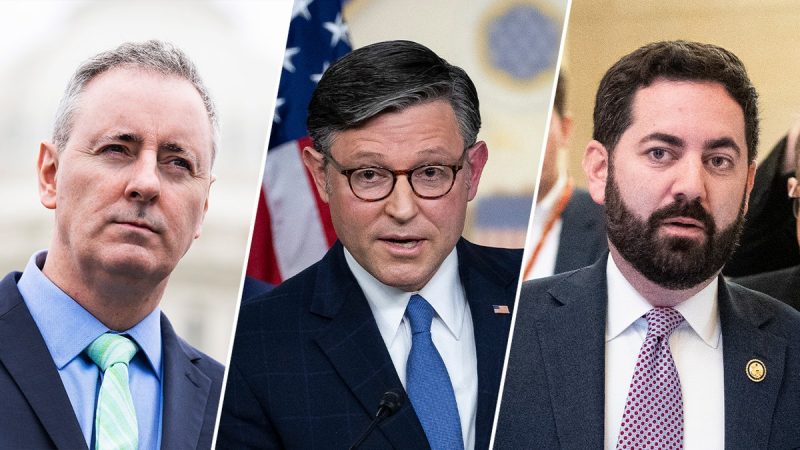
A cohort of Senate Republicans wants to ensure that both illegal immigrants and naturalized U.S. citizens who are convicted of fraud are booted from the country.
The lawmakers, led by Sen. Marsha Blackburn, R-Tenn., are pushing new legislation that would modify an existing, decades-old law that underpins immigration policy in the country to either deport or revoke the citizenship of convicted fraudsters.
Their bill, the Fraud Accountability Act, comes on the heels of the ever unfolding Minnesota fraud scandal, where federal prosecutors estimate that up to $9 billion in taxpayer money was stolen through a network of fraudulent fronts posing as daycare centers, food programs and health clinics, among others.
‘Anyone who comes to the United States and steals from American taxpayers by committing fraud should be deported,’ Blackburn said in a statement to Fox News Digital.
‘The fraud schemes we have seen in Minnesota and across the country are a betrayal of hardworking American taxpayers, and individuals like the Somali scammers in Minnesota should be subject to both deportation and denaturalization for these crimes,’ she continued. ‘The Fraud Accountability Act would hold these criminals accountable for robbing American taxpayers.’
The situation in Minnesota has become a hot topic on Capitol Hill since lawmakers returned for the new year and the start of a new legislative session this week. In its wake, it torched the political career of Democratic Minnesota Gov. Tim Walz, who lawmakers say oversaw the alleged multibillion-dollar scandal.
The legislation would modify the Immigration and Nationality Act (INA), a law enacted in the 1950s that governs the country’s immigration policies, including visas, green cards, and citizenship, among several other enforcement matters.
Tweaks to the INA would include making any fraud conviction a deportable offense for noncitizens, mandatory detention of noncitizens convicted of fraud while deportation proceedings are ongoing, and would require automatic denaturalization of naturalized U.S. citizens convicted of fraud.
Notably, the legislation would allow for deportation for fraud convictions at any dollar amount; current law dictates that removal only kicks in if the amount hits $10,000 or higher. It would also effectively allow any court to handle denaturalization proceedings.
There is also a retroactivity clause, which stretches the denaturalization process for fraud committed on or after Sept. 30, 1996.
Blackburn is joined by Sens. John Cornyn, R-Texas, and Tom Cotton, R-Ark., in the Senate, while a House version of the bill will be introduced by Rep. Buddy Carter, R-Ga.
Cornyn introduced a similar bill geared toward deporting illegal immigrants, specifically for deadly drunken driving incidents, on Wednesday.
‘The rampant and unprecedented fraud uncovered in Minnesota involving Somali-run childcare centers and nonprofits is unconscionable, and Governor Walz’s complete deflection of any responsibility for this massive theft of U.S. taxpayer dollars under his watch is cowardly but unsurprising,’ Cornyn said in a statement to Fox News Digital.


